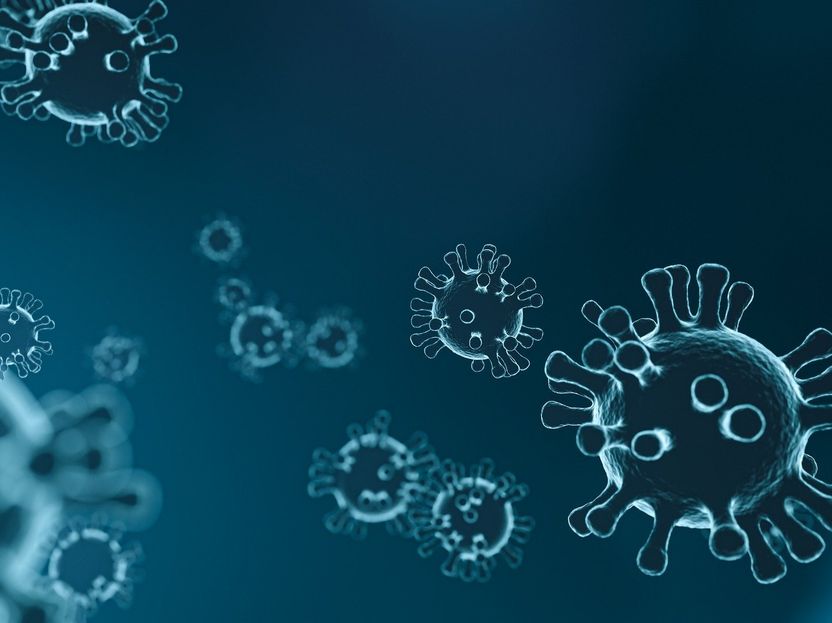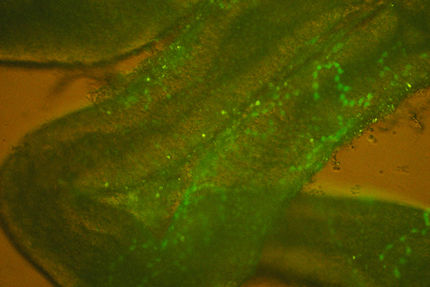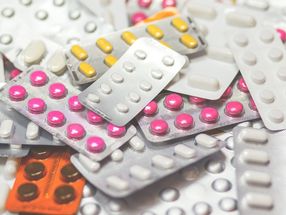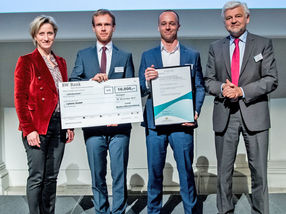First open genetic testing accreditation workshop proves a major success
Participants from across Europe welcome initiative
Both the demand for genetic testing and the number of laboratories involved continues to grow in the enlarged EU. To ensure patients maintain confidence in the service and results being provided, EuroGentest, an EU-funded Network of Excellence is promoting the increased uptake and harmonisation of quality management schemes across Europe through a range of activities, including expert - workshops. The first providing practical hands on advice about how to successfully gain and maintain accreditation and open to all genetic testing laboratories was held recently in Leuven. Organised by Prof Els Dequeker from Leuven, Dr Michael Morris from Geneva, Management Cousulting and Research (MCR), a spin-off from the Catholic University of Leuven and the Unit 1 team, the workshop featured expert-led interactive sessions in small groups. Discussions covered every aspect on quality management and accreditation: ISO and related national standards, document management, non-conformities, auditing, training and IT support.
Participants included lab directors, scientists, technicians and quality managers from both already accredited and non-accredited laboratories across Europe. Typical of accredited participants were Victoria Aldridge and Tony Young from the Regional Molecular Genetics Laboratory in London's famous Great Ormond Street Hospital which along with Clinical Genetics and Cytogenetics, forms a strategic Genetics Unit and also constitutes the North East Thames Regional Genetics Service that serves a population of approximately 5 million.
Victoria Aldridge and Tony Young from the Regional Molecular Genetics Laboratory in London's Great Ormond Street Hospital explained their reasons for attending: "The laboratory achieved accreditation with Clinical Pathology Accreditation (UK) Ltd in July 2003 and we are currently working towards accreditation review later next year. Accreditation status has become an important part of any laboratory within the UK, particularly in reference to receiving samples from other centres as part of the UK genetic testing network. Although we had a good idea of the elements of a quality system, the workshop highlighted areas in which we could improve and gave a good overview of all aspects of Quality Management, not just document control."
Kadri Raudsepp from Tartu University Clinics, a center for hospitals in Estonia, represented the non-accredited sector: "I am responsible for one small lab in the Department of Immunoanalyses , called simply the PCR lab,since we are dealing with many different analyses: qualitative and quantitative analyses of HIV, hepatitis viruses, CMV, EBV; HLA typing; leukemic chromosomal translocations etc. As to the question why accredit at all, I would answer perhaps to be competitive in the market, but first of all to ensure yourself that everything is working properly and our results are credible. Many of our departments are already accredited, in our department some groups of tests have been accredited. My lab started quite recently implementing a quality system. Perhaps next year we are going to apply accreditation from the Estonian Accreditation Board for our laboratory as a whole, but for HLA typing we have to apply accreditation from EFI, because our clinic is collaborating with Nordic Stem Cell Bank and they do not accept our HLA results without EFI accreditation. When we started our quality system I (and technicians even more) were quite resistant against it, because it just seemed to be boring paperwork and we felt that it impedes our everyday work. Nobody gave us the whole picture or explained to us the aim and purpose of the process. In the workshop we also worked through all the stages of implementing QSM and I got a lot of advice and hints."
Most read news
Topics
Organizations
Other news from the department politics & laws
These products might interest you
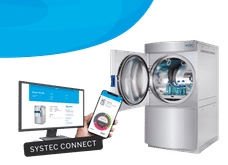
Systec H-Series by Systec
Safe, reproducible and validatable sterilization of liquids, solids and waste
Autoclaves with 65-1580 liters usable space, flexibly expandable for various applications

Whatman™ folded filter papers by Cytiva
Whatman folded filter papers
Convenient folded formats speed up your sample preparation

Get the life science industry in your inbox
By submitting this form you agree that LUMITOS AG will send you the newsletter(s) selected above by email. Your data will not be passed on to third parties. Your data will be stored and processed in accordance with our data protection regulations. LUMITOS may contact you by email for the purpose of advertising or market and opinion surveys. You can revoke your consent at any time without giving reasons to LUMITOS AG, Ernst-Augustin-Str. 2, 12489 Berlin, Germany or by e-mail at revoke@lumitos.com with effect for the future. In addition, each email contains a link to unsubscribe from the corresponding newsletter.
Most read news
More news from our other portals
Last viewed contents

New SARS-CoV-2 variant Eris on the rise - SARS-CoV-2 lineage EG.5.1 has an advantage at evading neutralizing antibodies
Leishman_stain

Research on airway protective reflexes wins 2024 Eppendorf & Science Prize
Hospital_ship
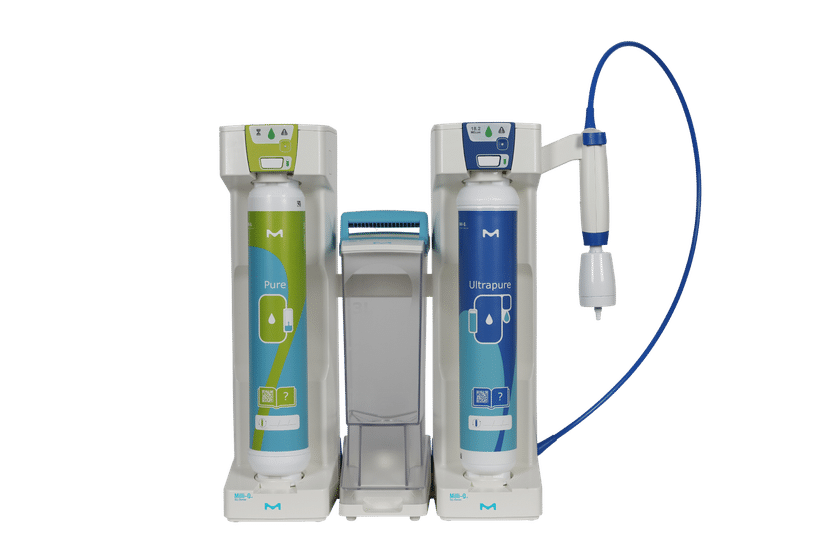
Milli-Q® SQ 2Series | Water purification systems | Merck
Surgical_oncology
Second-generation Biofuels Heading Steadily towards Commercial Success, Asserts Frost & Sullivan
